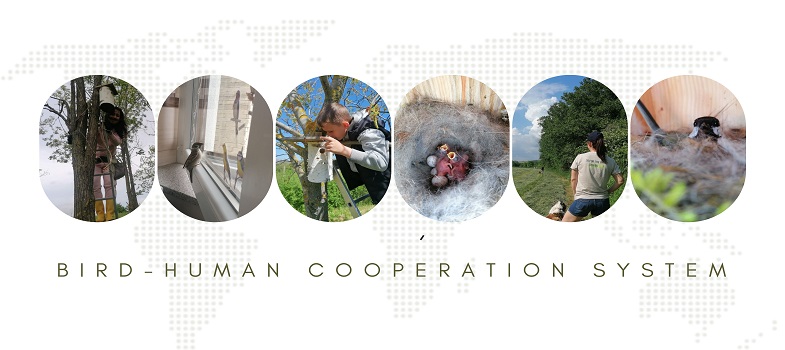win
Win-Win Relationships with Birds in Everyday Life
Introduction
Win-win relationships are situations where both sides benefit. In our everyday lives, we often experience such connections not only with people but also with nature. Birds, in particular, are part of many win-win relationships with humans, even if we don’t always notice them. These interactions show how closely our well-being is tied to the natural world.
Everyday Connections with Birds
One example is pest control. Insects such as mosquitoes, caterpillars, and beetles can damage crops and spread disease. Birds like swallows, sparrows, and starlings eat large numbers of these insects every day. Humans benefit from fewer pests and healthier crops, while birds gain a reliable food source. This is a clear win-win situation between humans and birds.
Another connection is seed dispersal. When fruit-eating birds eat berries or fruits, they spread seeds over long distances. Humans benefit because plants and trees regenerate naturally, creating forests, shade, and oxygen. Birds, in return, gain nourishment. This interaction strengthens ecosystems, which indirectly supports human survival too.
Actors That Shape These Connections
The main actors in these relationships are humans, birds, and the environment. Humans shape the connection by providing space, food, and shelter—or by destroying habitats through deforestation and pollution. Birds, on the other hand, shape the connection by offering ecological services such as pollination, seed dispersal, and pest control. The environment acts as the stage where these interactions occur, influencing both sides through weather, climate, and resources.
Observed Interactions and Influence
Birds influence humans by making ecosystems healthier and safer. For example, vultures prevent the spread of diseases by cleaning up carcasses. Humans influence birds by the way we treat the environment. Planting trees, creating gardens, or simply keeping water bowls for birds in summer directly supports their survival. On the other hand, cutting down trees or using pesticides harms them.
Conclusion
Bird-human relationships are clear examples of win-win situations. Birds gain food, shelter, and safe spaces, while humans benefit from healthier crops, cleaner environments, and richer biodiversity. Recognizing these interactions helps us appreciate how dependent we are on nature. By protecting birds, we are in fact protecting ourselves and ensuring a sustainable future.
